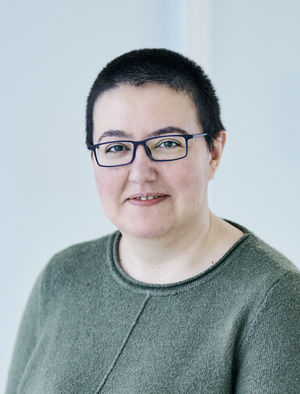Dönertas Research Group
AI in Microbiome and Aging Research
The microbiome consists of complex and diverse communities of microorganisms that can live in and on other living beings, including humans. These microbial communities, together with their genetic and metabolic influences, play a crucial role in health and disease. In recent years, research has shown that the microbiome is closely associated with many age-related diseases and that the composition and diversity of the microbiome undergo age-related changes. Studies using microbiota transfer have even suggested a causal link between the microbiome and aging, though the underlying biology remains poorly understood.
Microbiome as a biomarker of aging
Our research group focuses on the systems biology of aging with a particular emphasis on microbiome-host interactions. Our goal is to
- develop and apply computational approaches in order to understand these interactions,
- establish the microbiome as a robust biomarker of aging, and
- discover therapeutic candidates to alleviate aging and age-related diseases.
In order to bring microbiome and aging research into the era of artificial intelligence, we are developing data integration strategies, databases, and models specialized in age series and longitudinal data.
Data science and machine learning to advance understanding
There is a vast quantity of host-associated microbiome data available in the public domain, but the current challenge is a lack of data hubs with a focus on aging and effective integration strategies to make use of this resource for aging research. Our group aims to address this challenge by using data science and machine learning for data integration and interpretation in order to advance our understanding of the microbiome and aging.
Our group is diverse and supportive, with a focus on open science practices. We believe that by sharing our data, code, and preprints openly, we can make a greater impact on the field of microbiome and aging research.
We are funded by the and are also part of the .

Contact

H. Melike Dönertas
Group Leader
+49 3641 65-6817
melike.donertas@~@leibniz-fli.de
Eileen Stöckl
Assistance
+49 3641 65-6815
eileen.stoeckl@~@leibniz-fli.de









